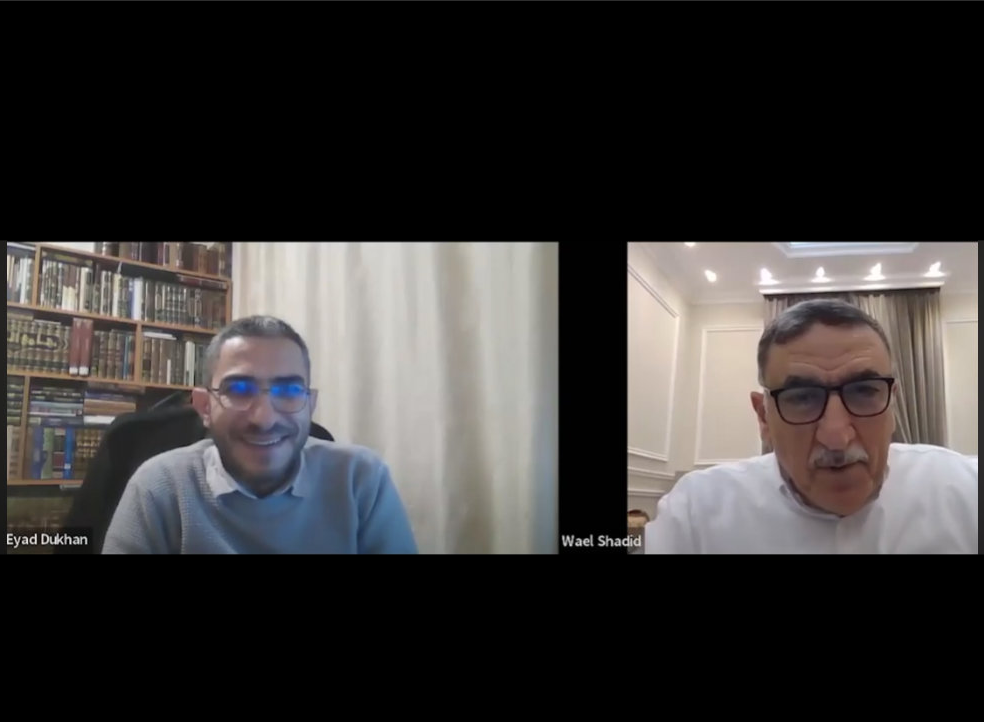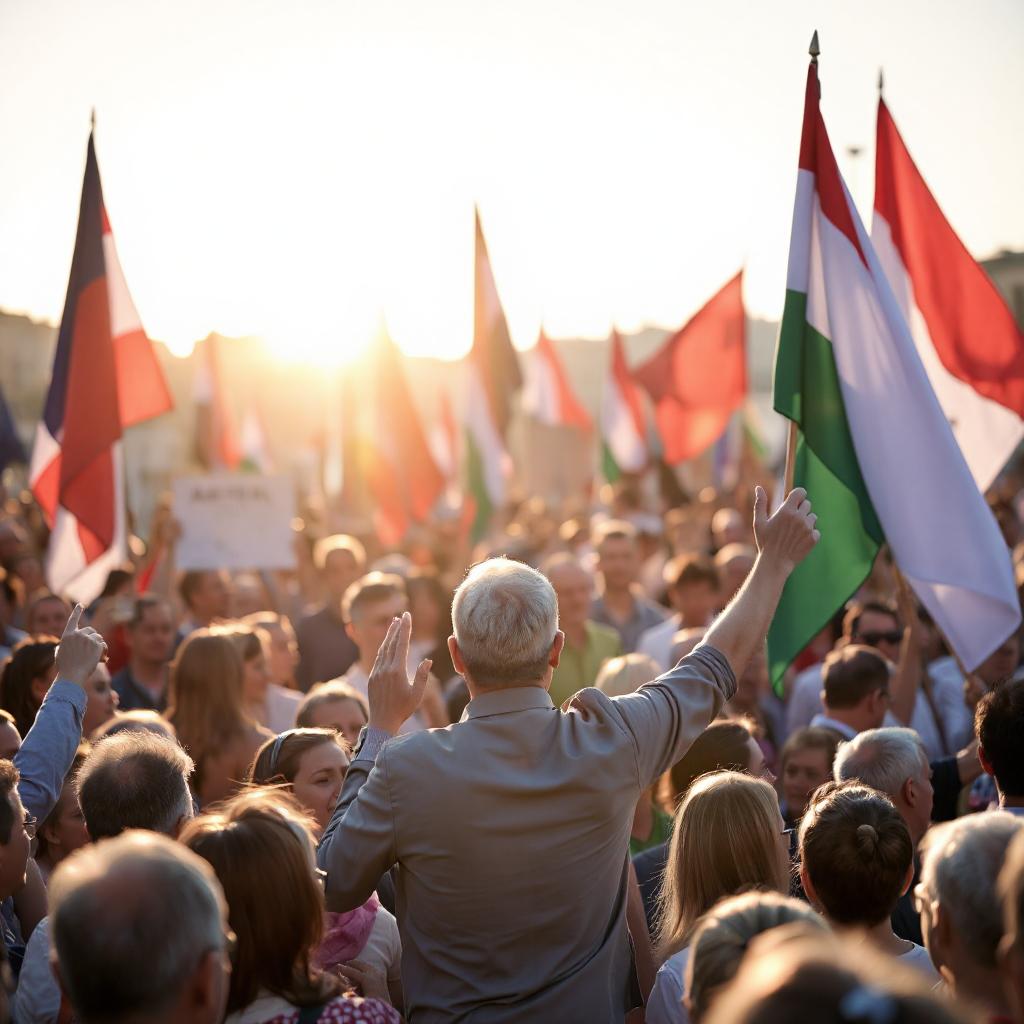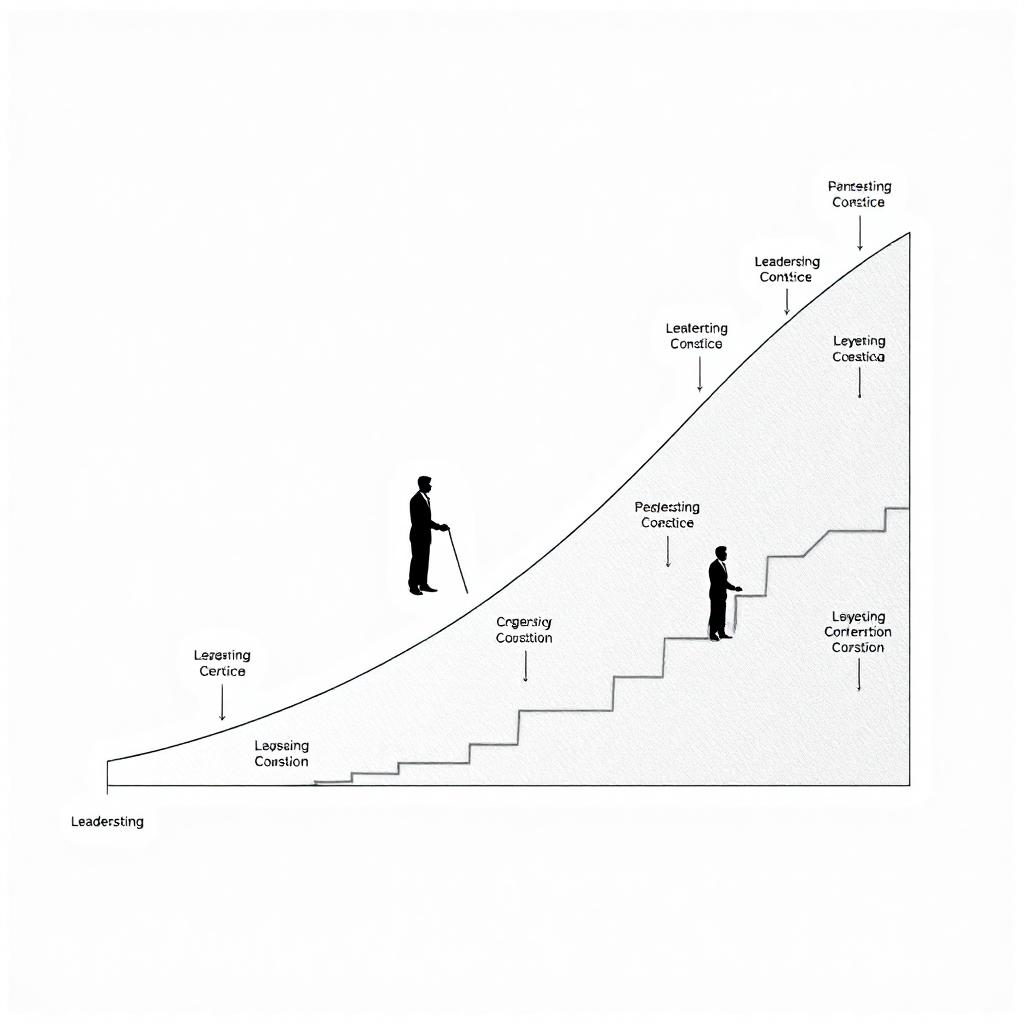Menu
Menu
Introduction
In the past, public diplomacy was largely the work of press officers and cultural attachés operating behind closed doors. Today, a single tweet from a world leader can reach more people in seconds than an entire embassy could in a year. Digital public diplomacy has become a powerful tool for shaping global narratives, engaging foreign audiences, and building international support—through nothing more than a smartphone and a message.
Why Digital Public Diplomacy Matters
In the digital world, timing is everything. Social media algorithms reward those who respond swiftly to unfolding events. The first voice often becomes the dominant one.
A 60-second TikTok video, creatively executed, can reach millions—at a fraction of the cost of traditional communication channels.
Audiences today want authenticity. Behind-the-scenes glimpses of leaders—preparing for summits, interacting with staff, or traveling abroad—can make officials feel more approachable and relatable.
Best Practices for Leaders
To effectively engage with global audiences through digital platforms, leaders should adopt a range of strategic practices. Hosting live Q\&A sessions on platforms like Instagram Live allows leaders to directly interact with followers, fostering transparency and trust. Sharing policies and decisions as narrative threads on Twitter can boost understanding and engagement, with retweets and audience sentiment serving as indicators of impact. Collaborating with influencers on YouTube or TikTok further amplifies reach and creates more relatable content, especially for younger demographics. To maximize effectiveness, it is essential to use compelling visuals, include subtitles, and adapt messages to local languages and cultural contexts.
Common Pitfalls to Avoid
While human connection matters, leaders should maintain their role as symbols of state. Avoid venturing into partisan or overly personal debates.
In a fast-paced environment, fact-checking must be immediate. False information spreads fast—your credibility must move faster.
What works at home may not translate abroad. Be culturally aware, localize content, and avoid humor or symbolism that may offend.
Conclusion
Digital public diplomacy is no longer optional—it’s essential. When used strategically, social media shifts public diplomacy from a one-way broadcast into a dynamic, interactive conversation. In a world where influence is increasingly digital, leaders who master these tools cannot only tell their stories—they can shape the world’s narrative.




